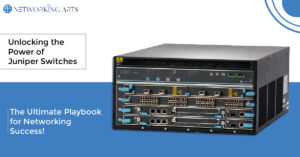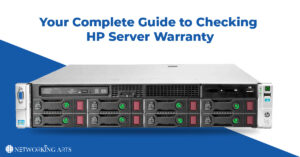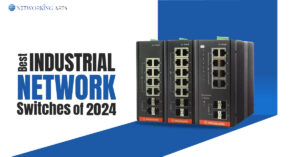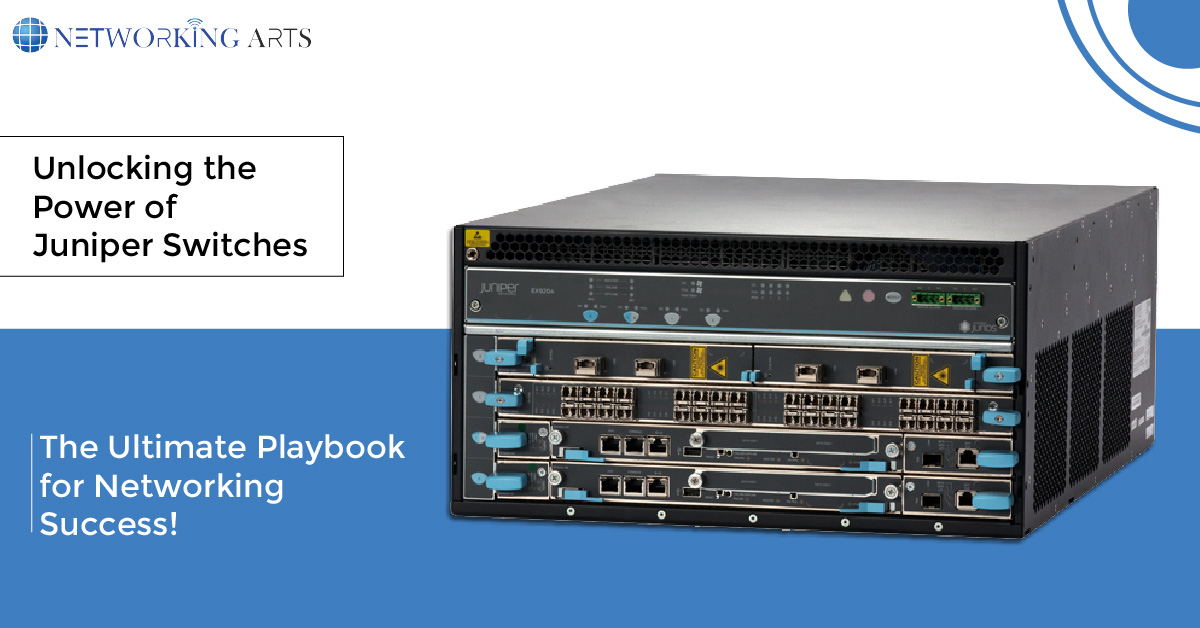In the digital age, networking equipment forms the backbone of communication and connectivity, enabling individuals and businesses to interact seamlessly. The demand for reliable networking solutions in the UK has surged, driven by the increasing reliance on the Internet for work, education, and everyday life. This article explores the various types of networking equipment available in the UK, the current market landscape, key players, applications, and emerging trends shaping the industry.

Types of Networking Equipment
1. Routers
Routers are vital devices that manage data traffic between different networks. They connect local area networks (LANs) to the Internet, allowing multiple devices—such as computers, smartphones, and smart TVs—to communicate with external networks. In the UK, a variety of routers are available, ranging from simple home routers with basic functionalities to advanced enterprise routers equipped with security features and VPN support.
2. Switches
Switches play a crucial role in connecting devices within a local network. Unlike routers, which manage traffic between different networks, switches facilitate communication between devices on the same network. Managed switches offer advanced functionalities, such as VLAN support and traffic monitoring, making them ideal for businesses that require a robust network infrastructure.
3. Access Points (APs)
Access points extend wired networks by providing wireless connectivity. They act as a bridge between wired and wireless devices, allowing laptops, tablets, and smartphones to connect to the network without physical cables. In the UK, businesses often deploy multiple access points to ensure seamless wireless coverage in larger spaces, such as offices and educational institutions.
4. Modems
Modems are essential for connecting a network to an internet service provider (ISP). They convert digital data from a local network into analog signals suitable for transmission over telephone lines or cable systems. The UK primarily uses cable modems for broadband connections, while DSL modems are standard for digital subscriber line services.
5. Firewalls
Firewalls are critical for network security, acting as barriers between trusted internal networks and untrusted external networks. They monitor and control incoming and outgoing traffic based on predefined security rules. In the UK, organizations increasingly invest in advanced firewalls that provide features like intrusion prevention, threat detection, and comprehensive visibility into network activity.
6. Network Attached Storage (NAS)
Network Attached Storage (NAS) devices provide centralized storage solutions that are accessible to multiple users on a network. They are treasured for businesses and creative professionals needing a shared repository for data and backups. In the UK, NAS solutions are gaining traction as companies seek efficient ways to manage their data storage needs.
7. Repeaters and Extenders
Repeaters and extenders boost the signal strength of wireless networks, improving connectivity in larger areas. They are instrumental in homes or offices where Wi-Fi signals may struggle to reach due to physical barriers. Many UK homeowners use extenders to enhance their home networks, ensuring reliable connectivity throughout their properties.
The UK Networking Market
Current Landscape
The UK networking equipment market is dynamic and continually evolving. The demand for high-speed internet, coupled with the proliferation of smart devices, drives the growth of networking solutions. The recent shift toward remote working has accelerated the need for enhanced networking infrastructure, prompting businesses to upgrade their systems to ensure reliable connectivity.
Key Manufacturers
Several key players dominate the UK networking equipment market:
- Cisco Systems: A global leader, Cisco offers a wide range of networking products, including routers, switches, and security solutions. Their technologies are widely adopted across various sectors, from small businesses to large enterprises.
- Juniper Networks: Known for its high-performance networking solutions, Juniper specializes in routers and switches designed for scalability and reliability, catering to large organizations and service providers.
- Aruba Networks: A subsidiary of Hewlett Packard Enterprise, Aruba focuses on wireless networking solutions. Its products are recognized for innovation and provide reliable access points and management tools.
- TP-Link: Popular among home users and small businesses, TP-Link offers affordable networking equipment, including routers and switches, making it accessible to a wide audience.
- Netgear: Known for user-friendly products, Netgear provides networking solutions for home and small office environments, including routers and NAS devices.
Applications of Networking Equipment
Home Networking
Networking equipment is essential in residential settings for connecting various devices to the Internet. With the rise of smart home technology, reliable home networks have become increasingly important. Home routers often feature functionalities such as guest networks, parental controls, and Quality of Service (QoS) settings to optimize performance and security.
Business Networking
Businesses rely heavily on robust networking infrastructure for their daily operations. Reliable routers, switches, and firewalls ensure secure and efficient data transfer. Many organizations adopt managed network solutions that provide scalability and flexibility, allowing them to adapt their networks as needs evolve. Furthermore, practical collaboration tools and cloud services depend on dependable Networking Equipment in the UK.
Educational Institutions
Schools and universities increasingly rely on digital learning platforms, making robust networking equipment vital. Educational institutions require reliable access points and switches to ensure connectivity for students and staff, facilitating access to online resources and collaborative tools necessary for modern education.
Public Sector
Government agencies and public institutions utilize networking equipment for secure communication and efficient data sharing. High-performance routers and firewalls are crucial for protecting sensitive information and complying with data protection regulations, especially in an era of rising cyber threats.

Future Trends in Networking Equipment
1. The Rollout of 5G
The introduction of 5G technology is set to transform networking equipment in the UK. With faster speeds and lower latency, 5G enhances mobile connectivity and enables new applications such as augmented reality (AR) and virtual reality (VR). Networking equipment will need to adapt to support these advancements, creating opportunities for innovation across various sectors.
2. Growing Emphasis on Cybersecurity
As cyber threats become more sophisticated, the demand for advanced security solutions is rising. Manufacturers are integrating features such as AI-driven threat detection and automated response capabilities into their networking equipment. This trend emphasizes the importance of cybersecurity in network design and deployment.
3. The Adoption of SD-WAN
Software-Defined Wide Area Networking (SD-WAN) is increasingly popular among businesses seeking to optimize network performance and reduce costs. This technology allows organizations to manage their wide area networks more effectively, providing flexibility and control over data traffic. The shift to remote work has further accelerated the adoption of SD-WAN solutions.
4. Integration of IoT Devices
The rise of Internet of Things (IoT) devices is driving demand for networking equipment capable of handling increased connectivity and data traffic. Manufacturers are developing tailored solutions for IoT applications, including low-power wide-area networking (LPWAN) technologies essential for supporting smart cities, industrial automation, and more.
5. Focus on Sustainability
With growing environmental concerns, networking equipment manufacturers are prioritizing sustainability. This includes creating energy-efficient devices and adopting practices that minimize waste and resource consumption. As consumers and businesses become more environmentally conscious, the demand for sustainable networking solutions is likely to rise.

Conclusion
Networking Equipment in the UK is an integral part of the UK’s digital infrastructure, supporting everything from personal internet access to complex business networks. As technology continues to evolve, understanding the types of equipment available, the major players in the market and emerging trends is essential for anyone looking to optimize their networking capabilities. With the right equipment and strategies in place, users can navigate the increasingly connected world with confidence, ensuring efficient communication and collaboration across all platforms. The future of networking in the UK holds exciting possibilities driven by innovation and a commitment to security and sustainability.
